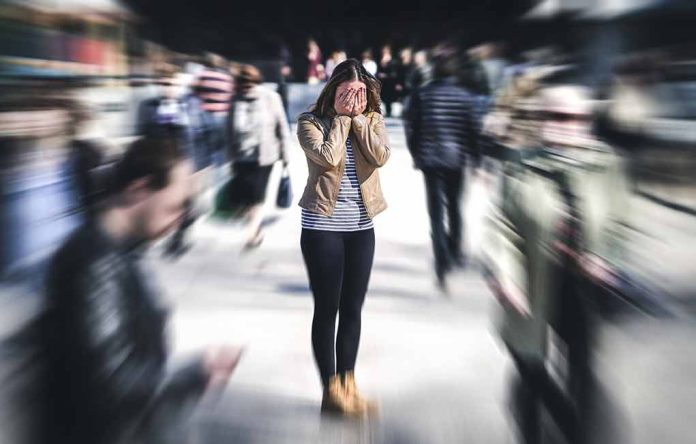
Understanding predators is crucial for enhancing self-defense and personal empowerment.
At a Glance
- Identifying vulnerabilities reduces the risk of being targeted by predators.
- Self-defense education combines physical skills with situational awareness.
- Effective self-defense emphasizes mental preparation and non-physical skills.
- Many resources are available for self-defense education and confidence building.
Vulnerability and Predators
Understanding what makes individuals vulnerable can help in avoiding becoming a target for predators. This includes being aware of aspects predators might find easy or appealing to target, such as lack of awareness or isolation. Recognizing these vulnerabilities enables people to adopt better safety measures, such as staying in groups or maintaining personal boundaries, offering substantial protection against potential threats.
Awareness and vigilance are pivotal in deterring predators. By cultivating strong situational awareness, individuals can preemptively identify and mitigate potential dangers, significantly enhancing personal safety. Resources for bolstering self-defense knowledge are widely accessible, including free online training aimed at violence prevention.
Meet our expert Course Creator: Chuck Johnson, a martial artist and self-defense expert, with skills earned both on and off the set. 🥋 Learn how to defend yourself with his free courses:
➡️ Introduction to Self-Defense for Beginners – https://t.co/FMehKnuEgi.
➡️ Basics of Krav… pic.twitter.com/Z7QpaEx63V
— Alison – Empower Yourself (@Alison_Learning) November 28, 2024
The Psychology of Predators
Criminal predators often display antisocial behaviors and exploit perceived weaknesses. Understanding their psychology is invaluable in crafting effective prevention strategies. Predators tend to be manipulative and seek to exploit those they deem vulnerable. Comprehensive education in these areas contributes to improved personal vigilance and community support structures conducive to a safer society.
Education on the profiles and strategies of predators aids individuals in recognizing and counteracting potential threats. Building a reliable support network and maintaining connections with others also plays a significant role in enhancing personal safety and security.
Self-Defense Education and Resources
Many self-defense courses predominantly focus on physical techniques, often neglecting vital non-physical skills such as awareness and boundary setting. Effective programs should also prioritize skills like situational awareness and assertive communication for conflict de-escalation. These elements highlight the importance of being mentally prepared before resorting to physical confrontation.
Self-defense training enhances confidence, equipping individuals with skills that make them less appealing targets. The empowerment gained from such training not only protects individuals but also fosters a general sense of security in community interactions.





